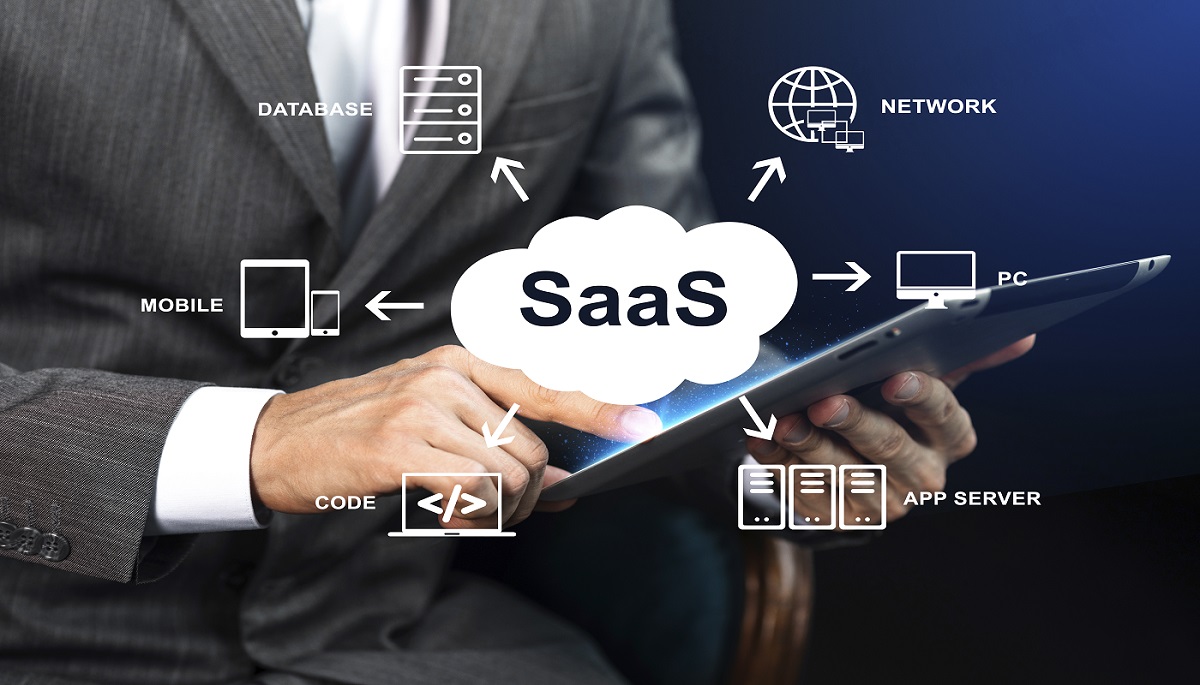SAAS Model
Maximize your email impact with professionally designed templates.
SaaS solutions are designed to meet various business needs, ranging from enterprise resource planning (ERP) to customer relationship management (CRM). These solutions provide companies with the ability to leverage advanced software capabilities without requiring significant hardware investments, maintenance, or upgrades.
Performance
0
SAAS Model







